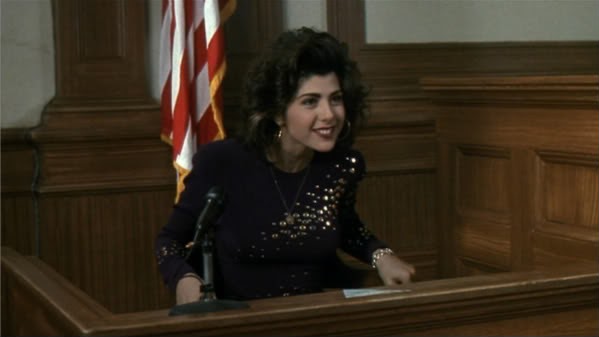MaxBuck;1996397; said:
So you're saying that college football players would bid up their value to the point where nobody would go to games or watch them on TV. Because those revenue streams are what pays for Olympic (non-revenue) sports.
If that happens, college football would obviously also collapse.
This argument holds no water whatsoever.
You're right...
except that was not my argument.
I was responding to your argument, which concerned free market forces. Let me make my assumptions explicit.
I assume that revenues are very tight in college athletics. College football cross-subsidizes as many as forty other sports teams at some universities. So, there's a lot of room for college football players to negotiate value from those economic rents at many universities, by demanding that the cross-subsidies stop and that they capture the full market value that they create.
However, because athletic departments are running at a loss at almost all universities and are hampered by Title IX and other regulations, there really isn't much room to maneuver.
This suggests some rather obvious consequences. Because subsidies will no longer be an option, paying college football players will require universities to find new business models or greatly reduce/discontinue financial support for non-revenue sports. There are several ways that this can be accomplished. Ohio State's rugby team has been a case in point.
The argument mistakenly attributed to me results in some new assumptions that are incompatible with the assumption of self-interest that underlies your free markets argument.
I hope that it will be acceptable if I set aside the claim that people wouldn't watch football on TV or attend games for the time being, because it just isn't clear why this would happen. After all, college football would be bigger and better than ever. Surely, it would not collapse because the market is getting exactly what it wants.
Now, potentially, I can see that you might be arguing that football players would not bid up their remuneration because of some concern for other sports. But that argument does not follow from your free markets argument.
Recall that a free market argument rests on the assumption that football players will be motivated to capture as much revenue as they can. In turn, this would lead to an efficient market that pushed out inefficient sports that were unable to sustain sufficient revenues from the market.
Given your argument, why would college football players (or fans) care about the remuneration or financial sustainability of other so-called Olympic sports? If fans really cared about the other sports, then administrators would be able to identify self-funding models that worked. Right?
So, I guess the question is, do you believe in free markets or not? A simple yes or no will do. Or will it?



